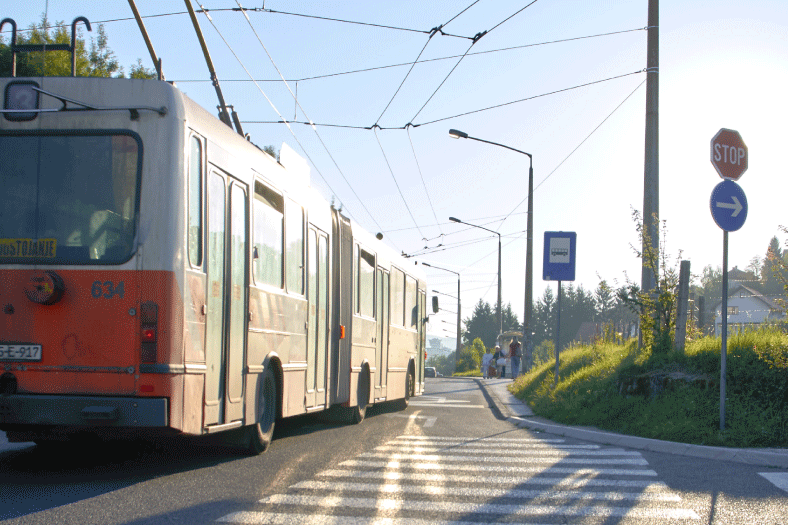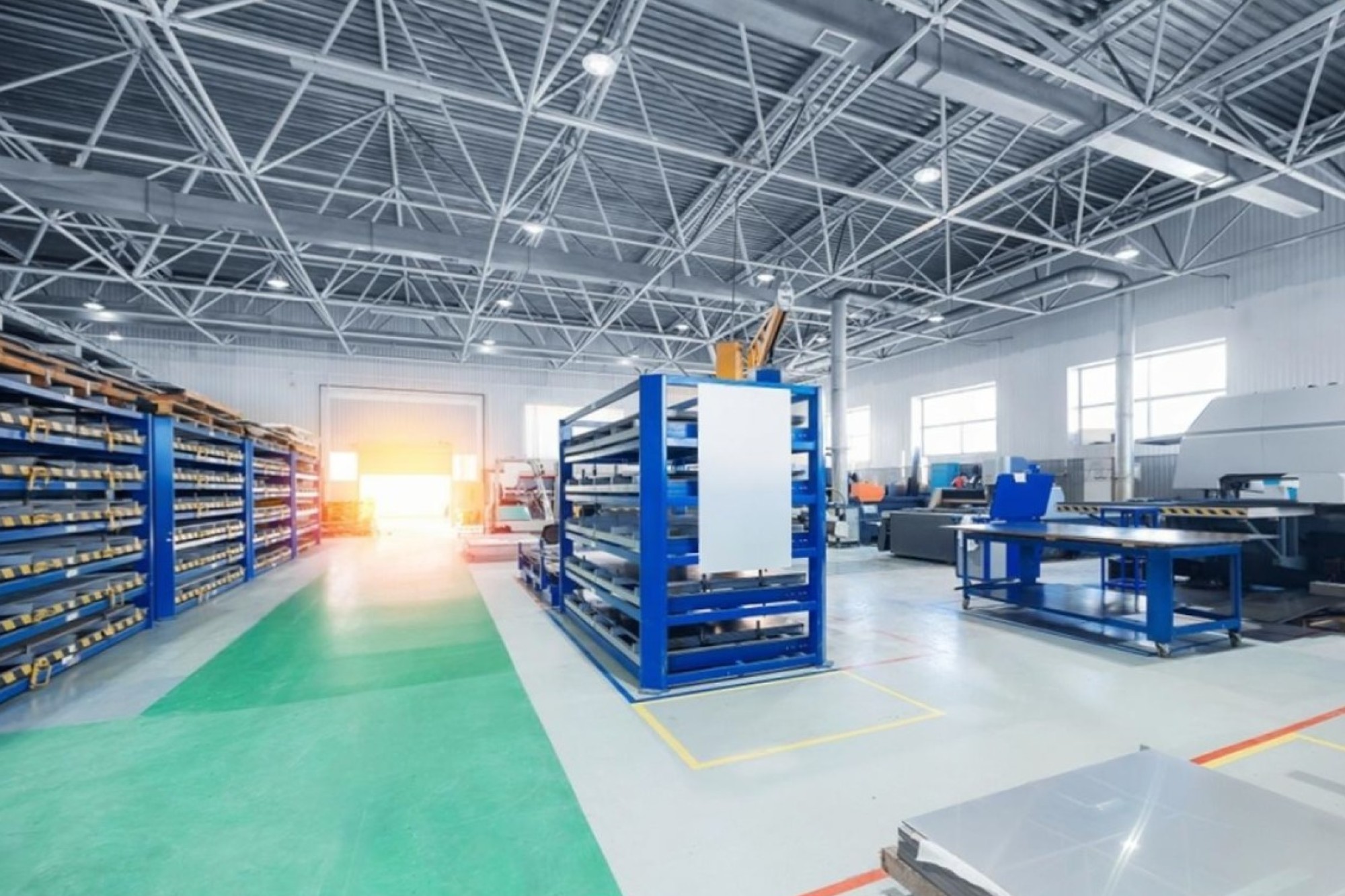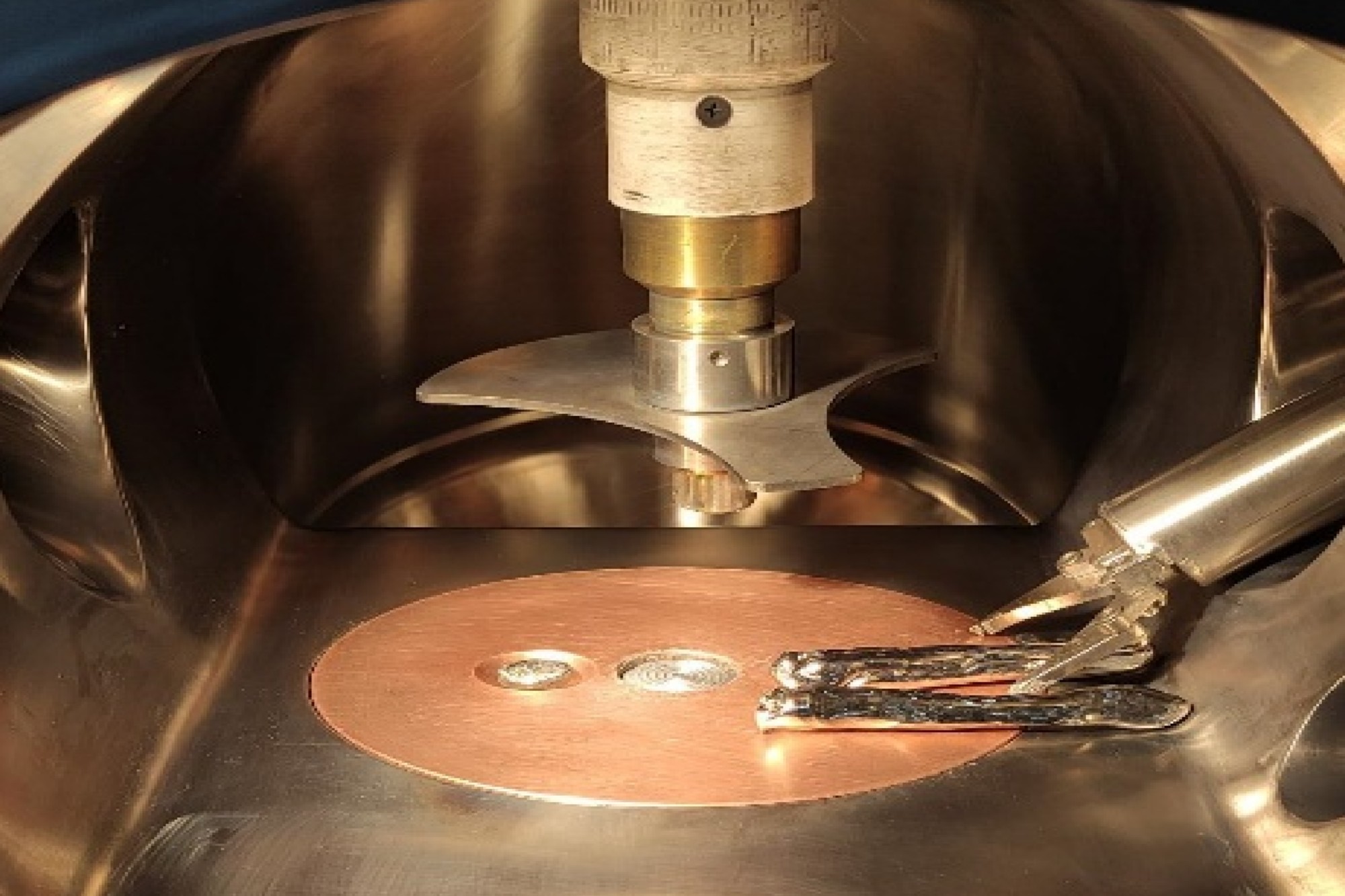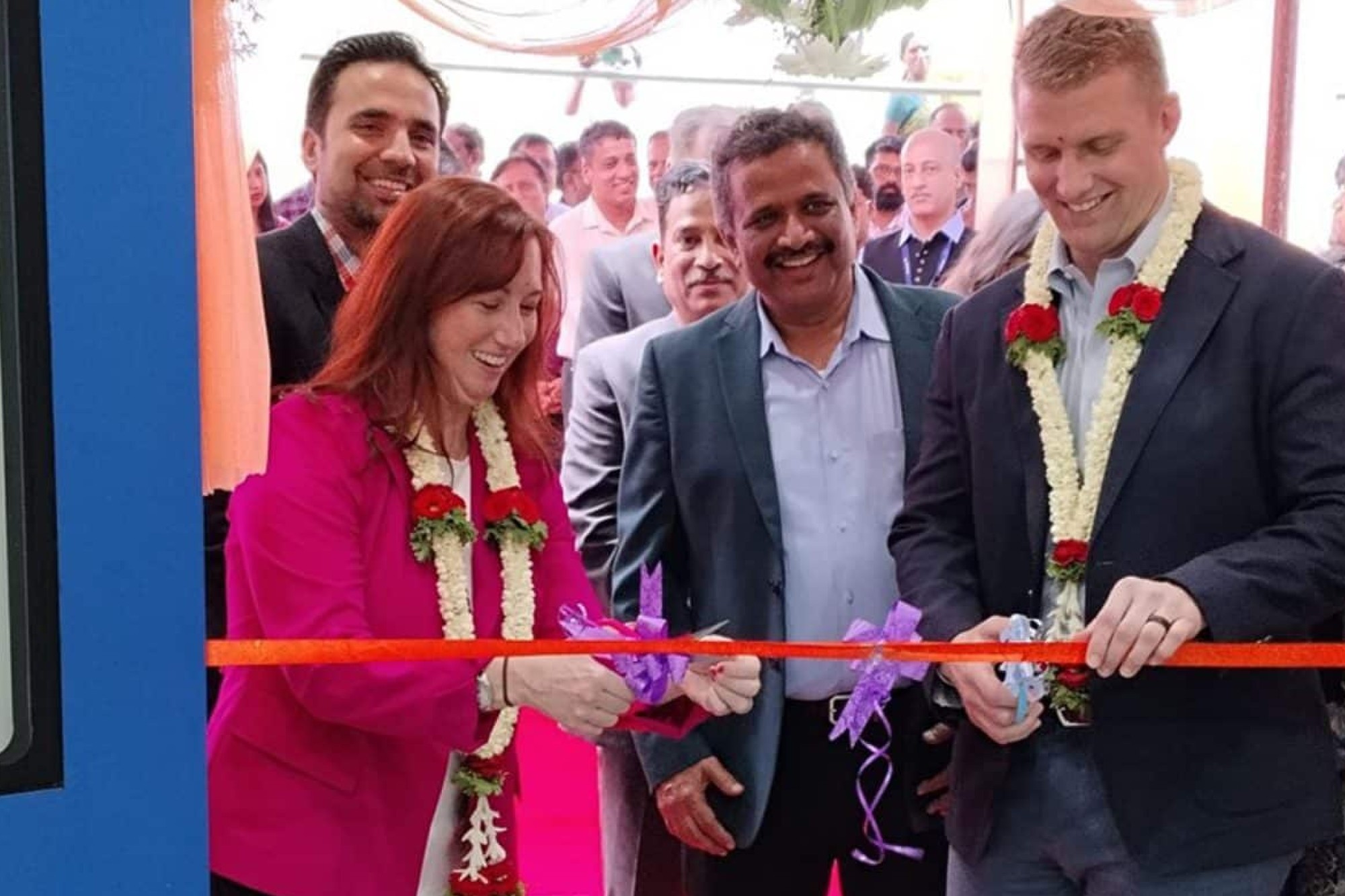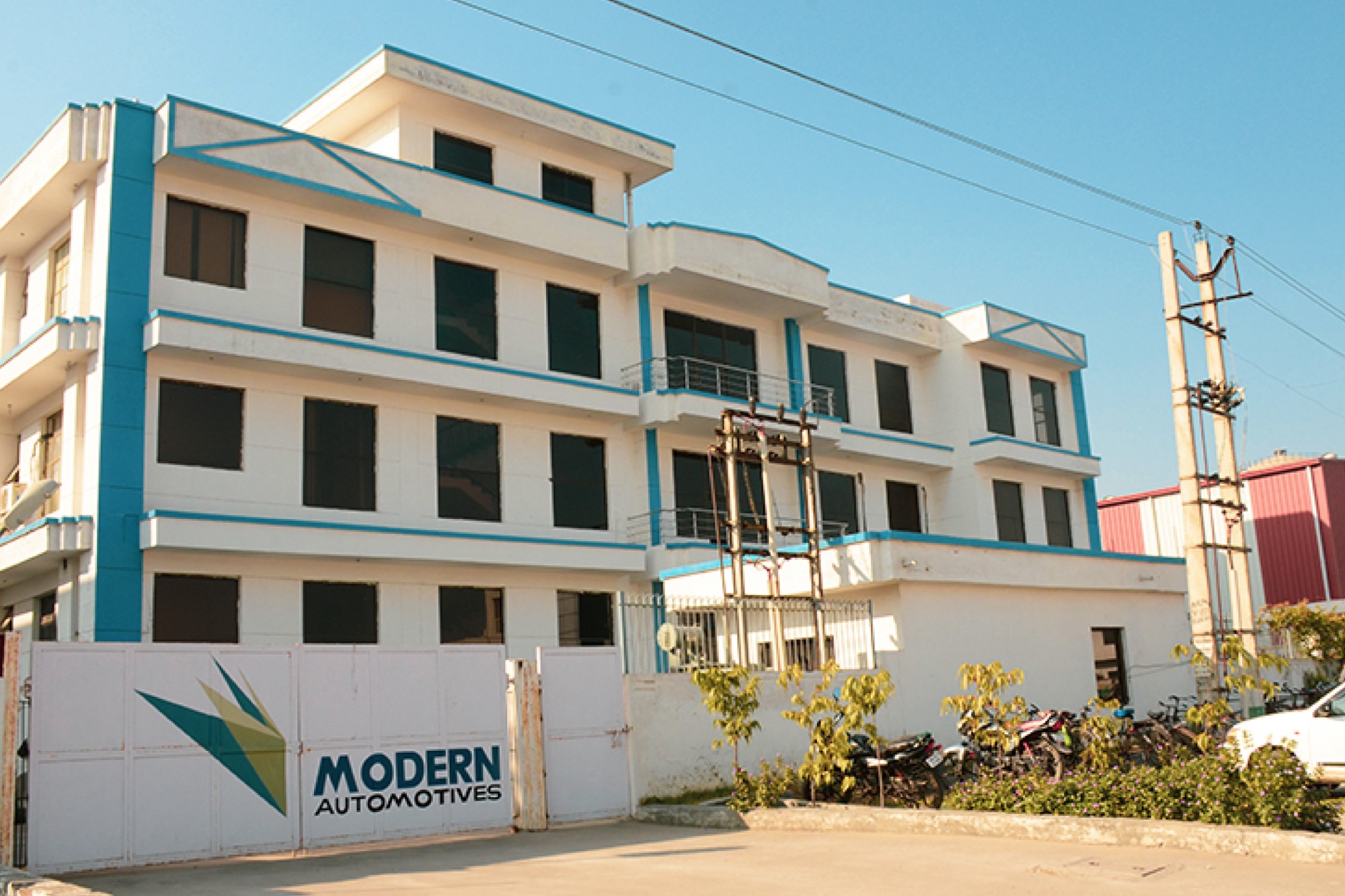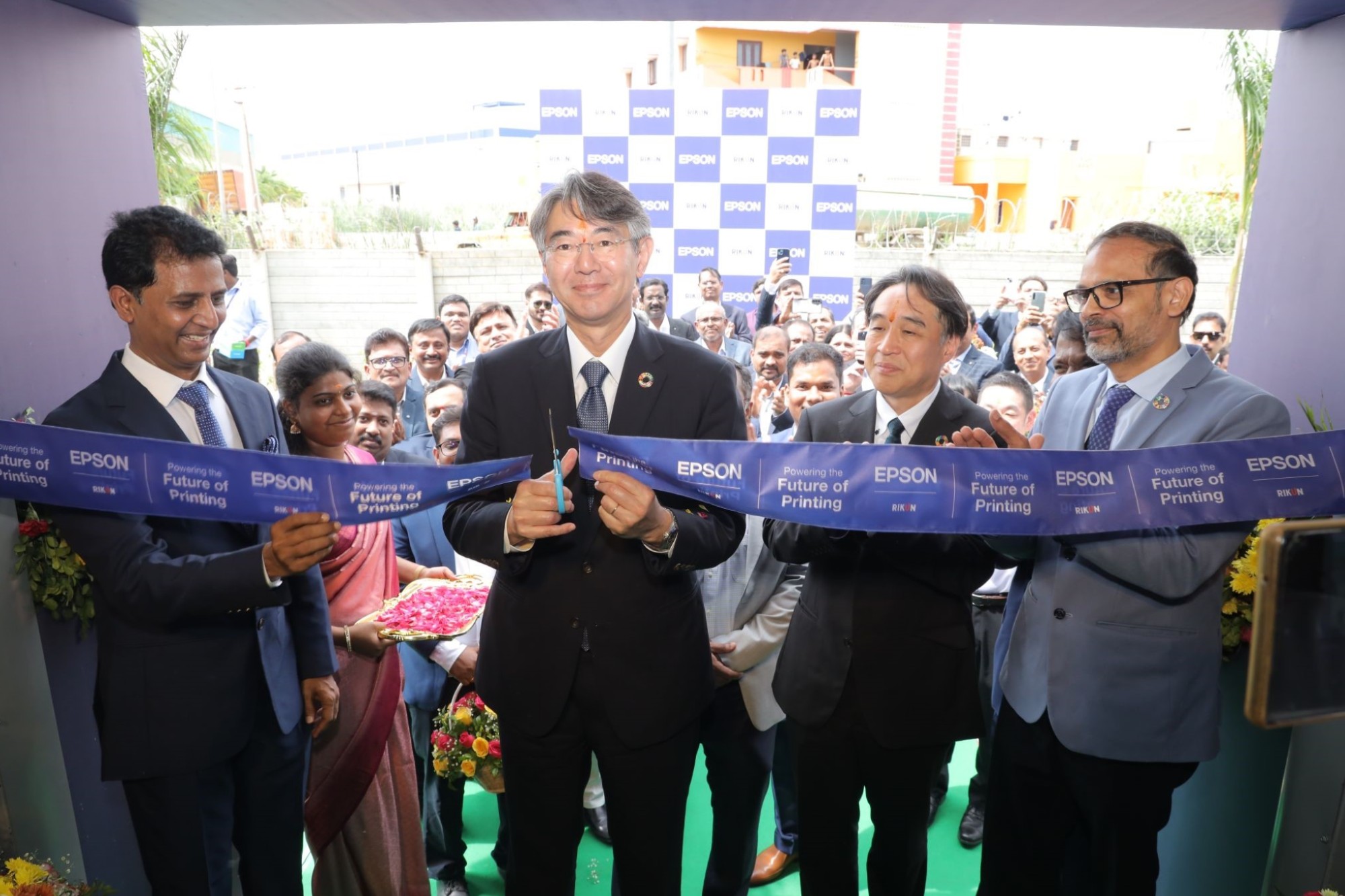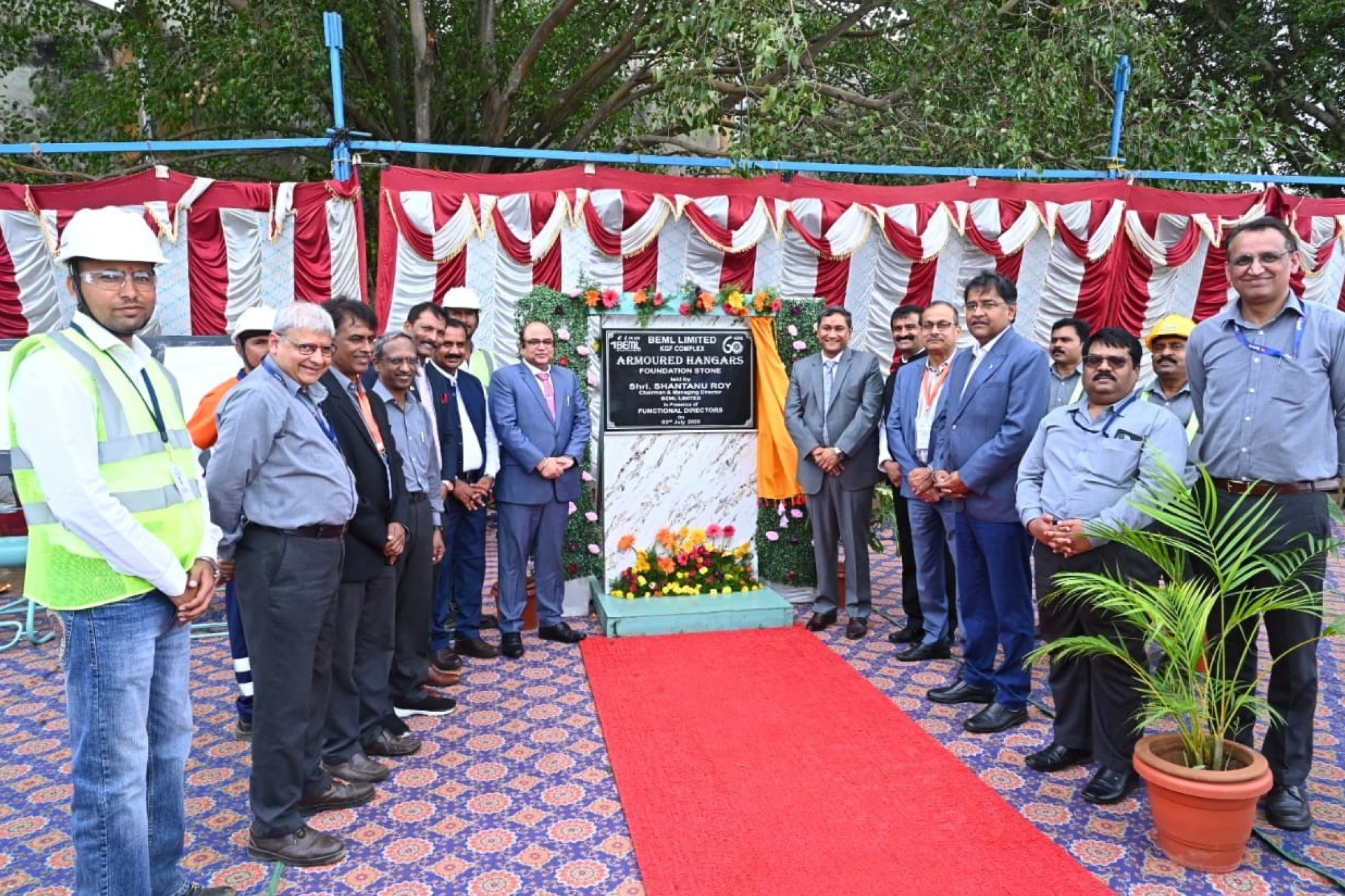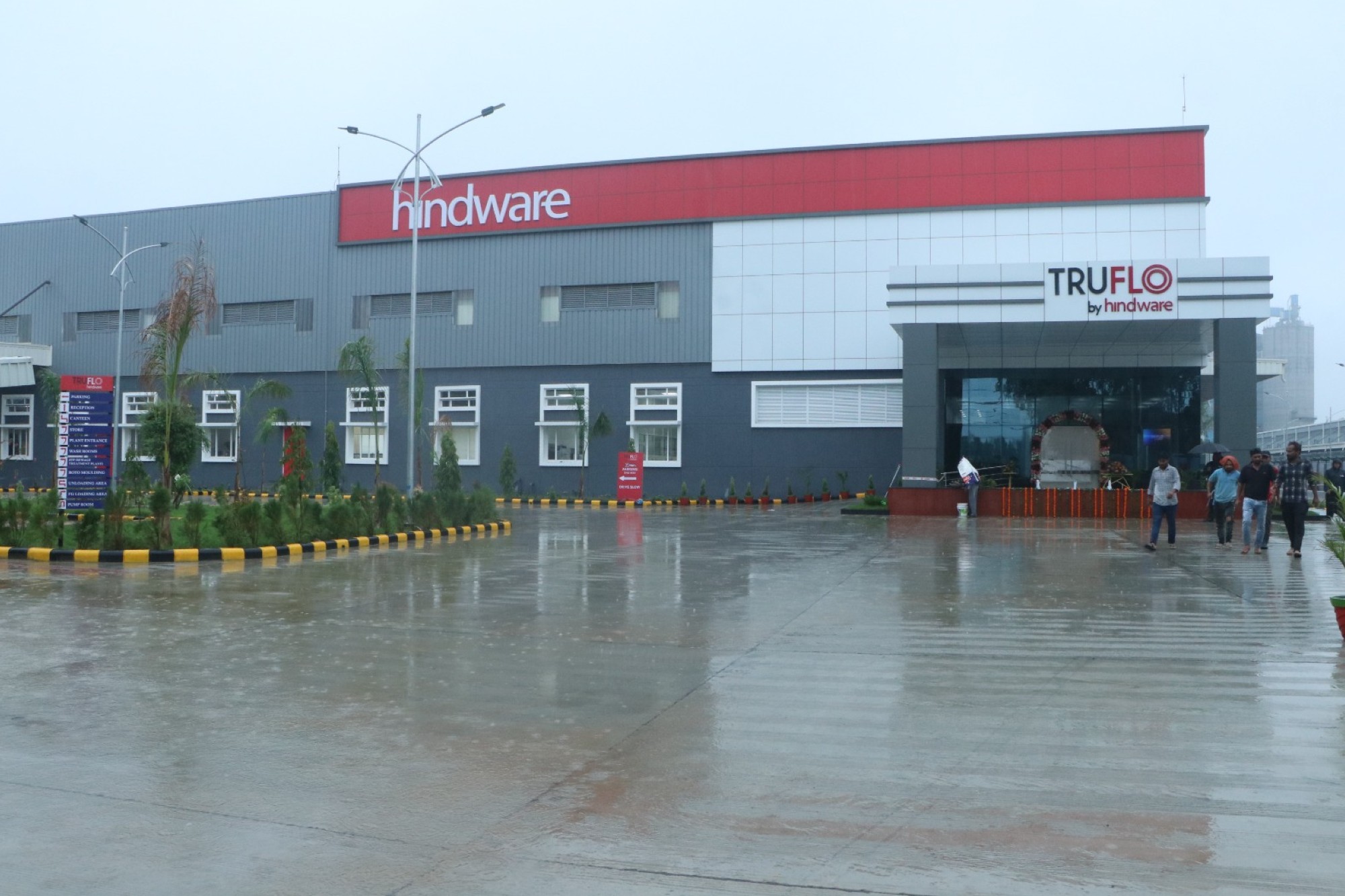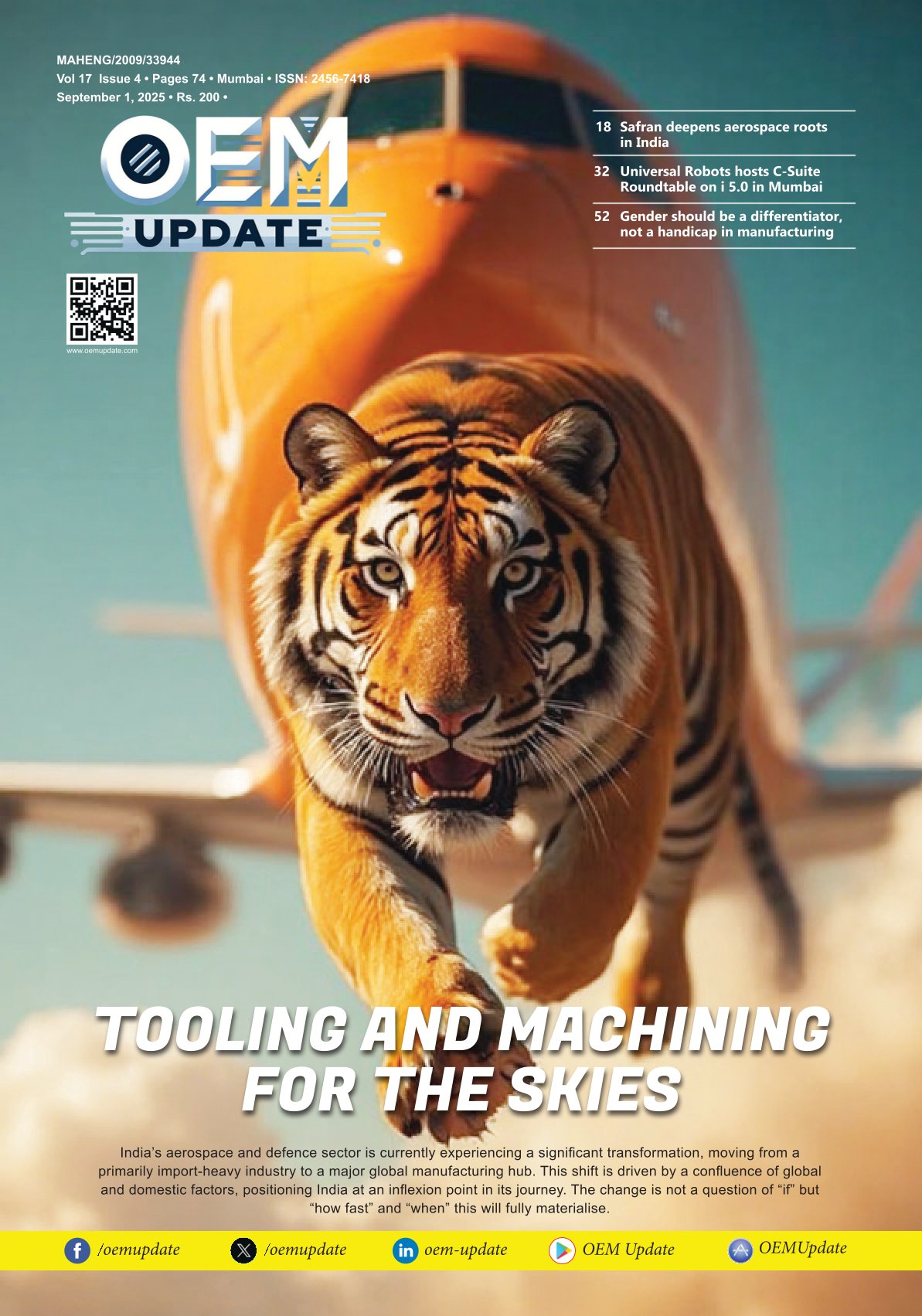Energy efficiency carving the future of Indian railways
By OEM Update Editorial November 12, 2019 5:58 pm IST
According to latest development, the government further is utilising the unused land for developing renewable energy projects. Industry leaders discuss about the government initiatives to transform the Indian railways into energy efficient systems.
Indian railway is the fourth largest railway network of around 125,000 km, under a single management system, and third largest high-speed diesel user. With the increasing adoption of renewable energy, Indian railway is making constant attempts to solarise the overall railway lines of the country. The way our Indian economy is growing, the increase is going to be much faster, so it’s important that we bring energy efficiency there as well.
Improving energy efficiency in Indian railways
One of the key factors is to have distributive generation of electricity. Currently, the generating stations which are supplying electricity to the Indian railways are spread across pan India and their generating station carry electricity through grid network for the Indian railways. Lt. Col. Monish Ahuja (Retd), Managing Director, PRESPL on this point says, “Since Indian railway is the user, it could generate electricity in a decentralised manner, in lands which are owned/managed by Indian railways. I am proposing large scale wind, large scale solar, large scale bio-mass where in the Indian railways can be the generator of electricity for themselves, and utilise it in more efficient manner.’’ Basically, the transmission and distribution losses reaching the Indian railways network can be minimised.
Whereas, according to Venkat Rajaraman, Chief Executive Officer, Cygni Energy Pvt Ltd, Indian Railways presents a holistic approach to energy management. He further highlights that Indian Railways is working on several initiatives including improving power factor close to unity, replacement of ceiling fans with energy efficient BLDC fans, installation of VFD for existing screw compressors, intelligent flow controller for compressed air network, energy saver for packed air conditioning units, solar mill to harness solar and wind energy, installation of efficient direct driven motors for AHUs and battery operated electric forklifts.
Moreover, there is a road map to increase the total quantum of electricity that we are using currently, for instance, 2 per cent. While we may be able to address the 2 per cent, we also need to plan today to address the increase. Looking at the roadmap, Lt. Col. Ahuja says, “Our railway lighting system, lighting system in the trains, lighting at railway stations, the overall electricity consumption of the railway stations, should be upgraded with more efficient management system.” May be the energy efficiency management system or tools which are available can be deployed as a pilot project, initially, for about 15-20 large railway stations across the country and then the study could be done over a period of 12-24 months, and if found successful, it can be replicated for India’s tier 1, tier 2, tier 3 cities in different phases.
Suggested energy storage management for Indian railways
The Indian government has an ambitious plan of expanding the Indian railways, for the development of 1 GW solar energy capacity and meet 10 per cent of its energy demands from renewable energy. Railways have already installed rooftop solar on around 19 narrow gauge coaches and 40 broad gauge coaches. Even though the initial steps are taken by the railway sector, Lt. Col. Ahuja feels that energy storage in India is still a challenge as compared globally, and is still at nascent stage. He says, “This is something I would not recommend for Indian railways, because Indian railways are an active user, so they don’t really require an energy storage solution. What would be more prudent is efficient management where the day time energy could be managed out of some component, like solar, and during the night time, energy could be managed by bio-energy or wind energy.” He further adds that an effective energy management is required more, rather than having an energy storage system.
It is recommended to charge the storage systems during sun-hours, especially if surplus power is available from PV systems. This can mitigate energy demand during sun hours as the Peak insulation between 9am and 3pm.
Performance of energy efficient building management systems in railways
Efficient energy management system for large railway buildings, large railway resthouses, or large railway stations, these are the place points where it should get started first and get data mapped further. Here, Lt. Col. Ahuja highlights that one requires being privy to the data available. He further says “I don’t think that any such data is available or open access on the public domain. If the railway authorities have obtained such data, they must make it accessible on the public domain and allow the industry to review and comment on them.”
Automation system for online monitoring in railways
Automation in Indian railways is very important in order to improve the systems accuracy and its efficiency, reduce worker fatigue or minimise/reduce labour intensive operation, prevent damage of materials, increase efficiency, collect better and cost effective data. Rajaraman suggests having control and automation in transportation system via ’sense-analyse-control’ automation, Use of Artificial Intelligence for faster, safer and on-time transport, track side bogie monitoring system, smart railway automation using IOT, automated gate control are several of the usage of control and automation.
Stored energy can be used to deploy energy to meet expected demand increases and account for unexpected demand fluctuations.
Venkat Rajaraman, Chief Executive Officer, Cygni Energy Pvt Ltd.
Indian railways should have an effective energy management should be in place rather than having an energy storage system.
Lt. Col. Monish Ahuja (Retd), Managing Director, PRESPL
Cookie Consent
We use cookies to personalize your experience. By continuing to visit this website you agree to our Terms & Conditions, Privacy Policy and Cookie Policy.



